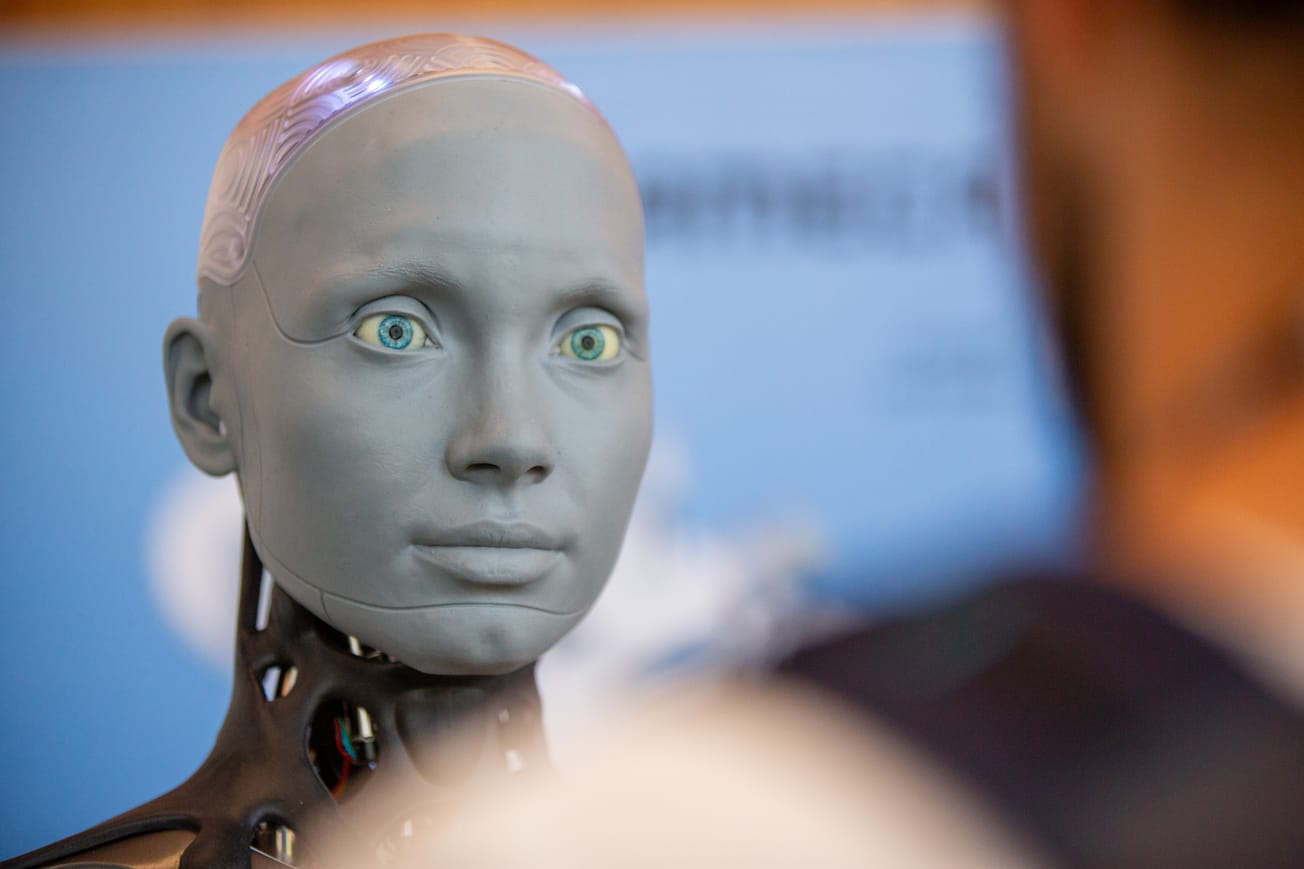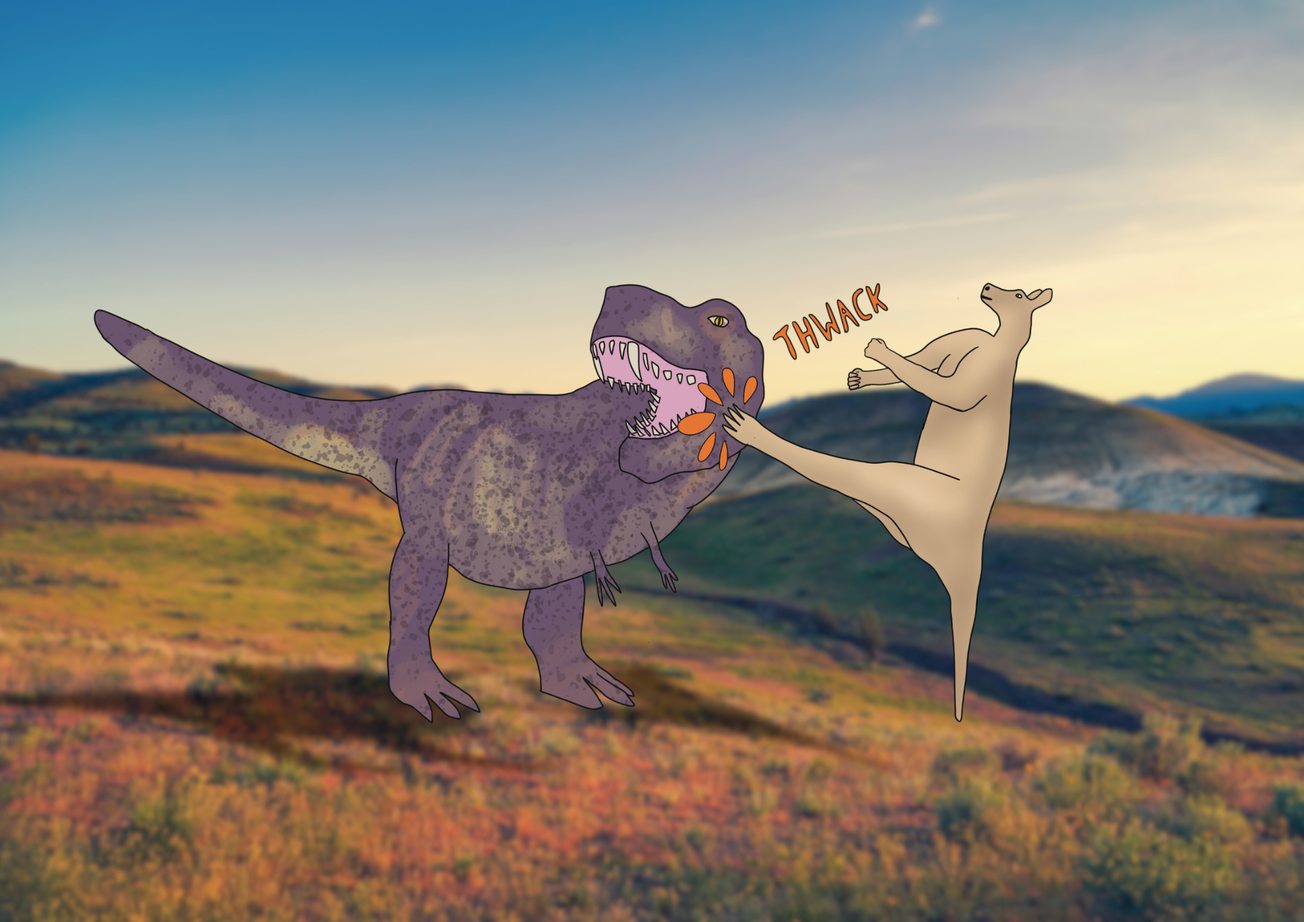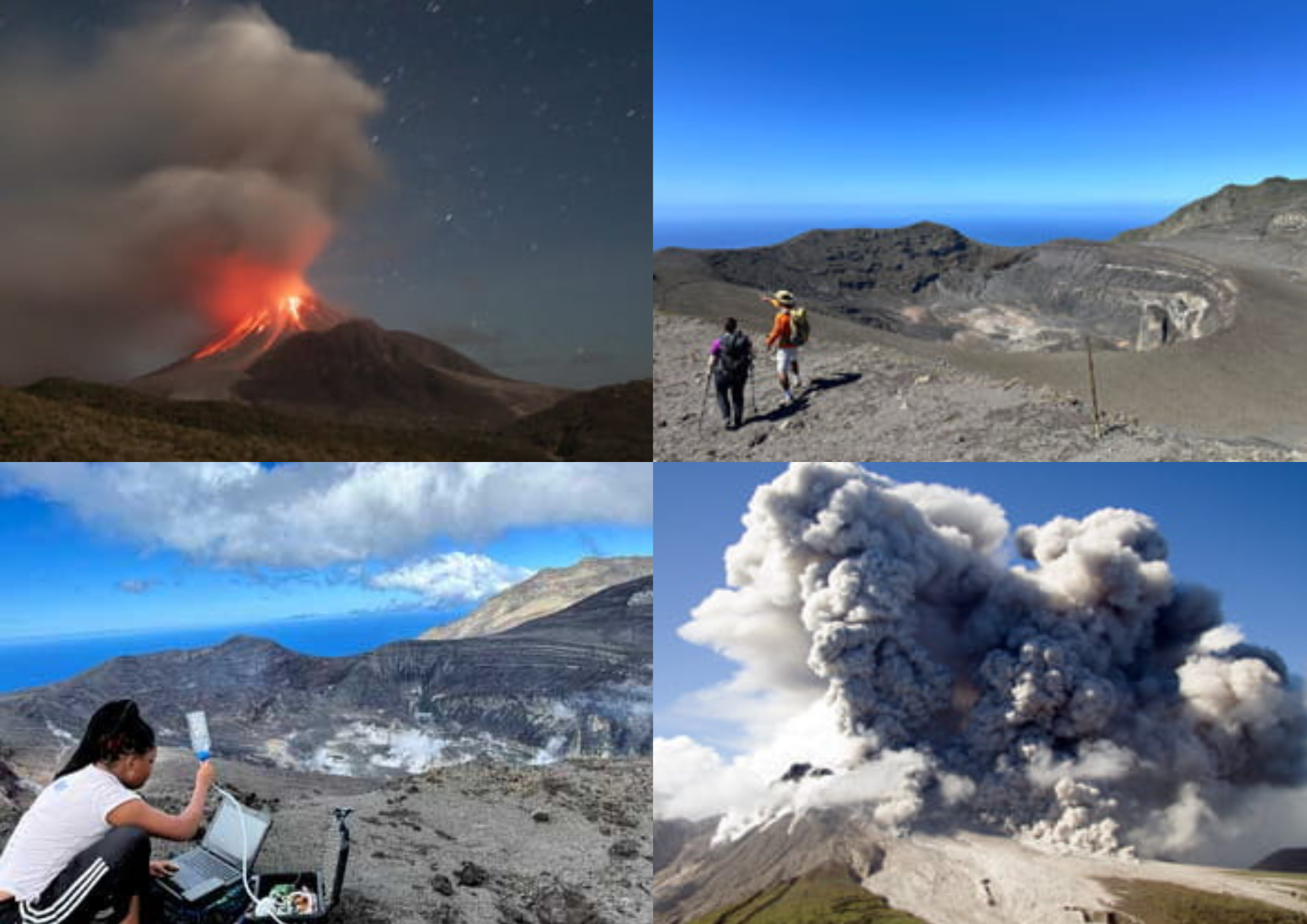By Aarya Patil, SciTech Digital Editor
Climate change affects all living things, including humans and animals. The situation worsens due to sudden, frequent, and more powerful storms, droughts, earthquakes, and other natural calamities brought on by the climate crisis.
Artificial Intelligence is among the very few phenomena, other than climate change, that has the potential to completely transform the planet. This essay explores the possible contributions AI might make to resolving the current climate catastrophe.
Let's start with the most frequent source of pollution: plastic. Two thirds of the more than 430 million tonnes of plastic generated annually are discarded as rubbish after single use. A non-profit group called The Ocean Clean-up is creating and expanding technology to rid the world's oceans of plastic. 'Remove 90 per cent of floating ocean plastic by 2040' is their lofty goal. The organisation is able to produce scientific observations of floating macroplastic litter by using their AI object detection system. When compared to solely depending on manual data collection and on-site observation, this innovative approach of remote-sensing plastic detection has shown to be immensely beneficial.

The increasing global need for energy is contributing to the worsening climate situation. With green technologies, like Immersion4, they may solve the problem of cooling electronics without consuming any natural resources. When implemented in large quantities, they can cut data centre energy use from 20 per cent to 4 per cent while producing no pollution. Green cooling solutions can also aid in the resolution of e-waste, another pressing problem.
Furthermore, around the globe and in the United States, wildfires are significantly being affected by climate change. Millions of acres can be burned quickly by wildfires, destroying everything in their path including houses, plants, animals, and people. In remote, high-risk areas, families and communities run the possibility of losing their houses and being forced to evacuate for safety. Deep learning is an advanced machine learning method that makes it possible to find patterns in data in new and creative ways. A start-up called Kettle has created a more intelligent reinsurance model by utilising deep learning to forecast the disastrous repercussions of climate change. Using more than seven billion lines of meteorological and ground truth data, patented machine learning algorithms are used in this predictive underwriting platform.
Lastly, it is surprising to learn that agriculture releases carbon footprints. Before you question its veracity, consider this: Brahm Works, a different business, is using AI to decarbonize India's agriculture sector. Their system employs artificial intelligence (AI) to monitor and improve agricultural inputs and outputs through precise nutrition control of fertilisers, giving farmers a higher yield and reduced greenhouse gas emissions. To learn more about their solution, watch the AI For Good Innovation Factory session.
As we contemplate next steps, it is imperative to encourage further research, innovation, and collaboration between the scientific community, technology developers, and policymakers. The success of initiatives like The Ocean Clean-up, Immersion4, Kettle, and Brahm Works underscores the importance of leveraging AI to tackle climate change on multiple fronts. Investing in and supporting such initiatives can pave the way for scalable and sustainable solutions.
The future of AI in education
Why we should be concerned about advanced AI
Featured image: Flickr / UN Geneva
Do you think AI will solve climate change?









